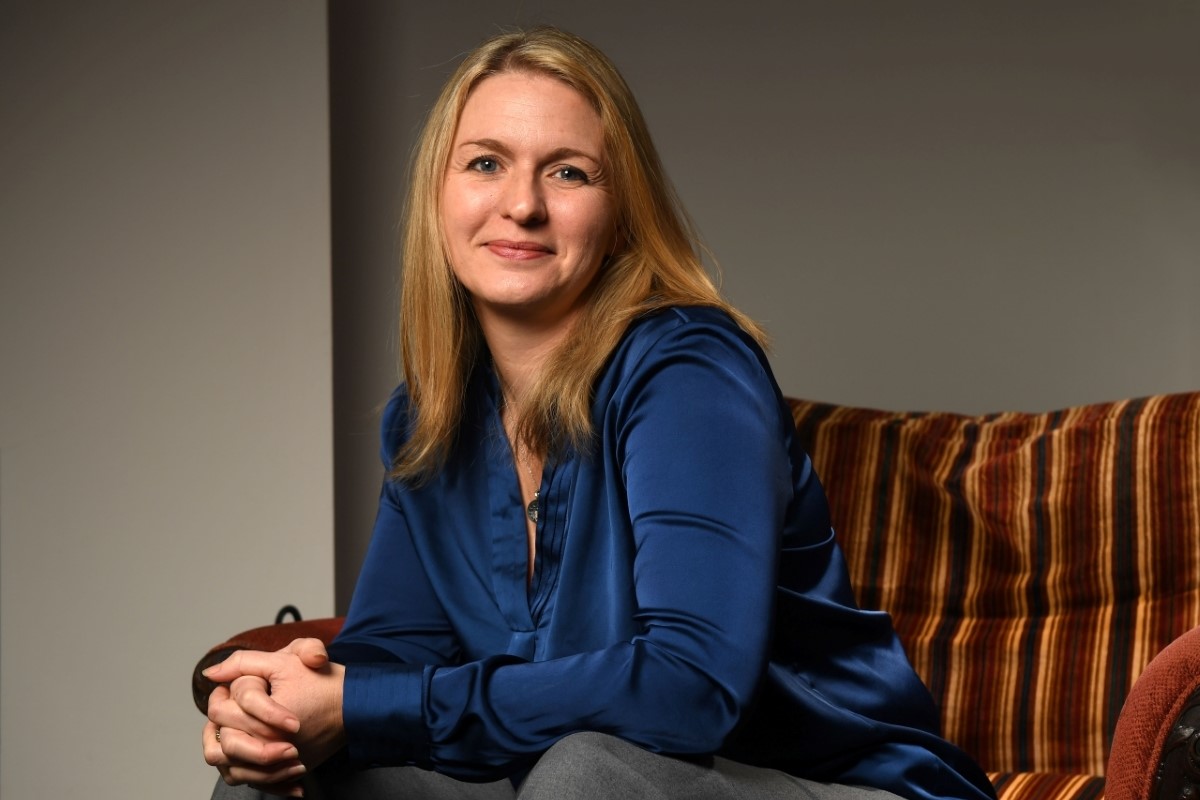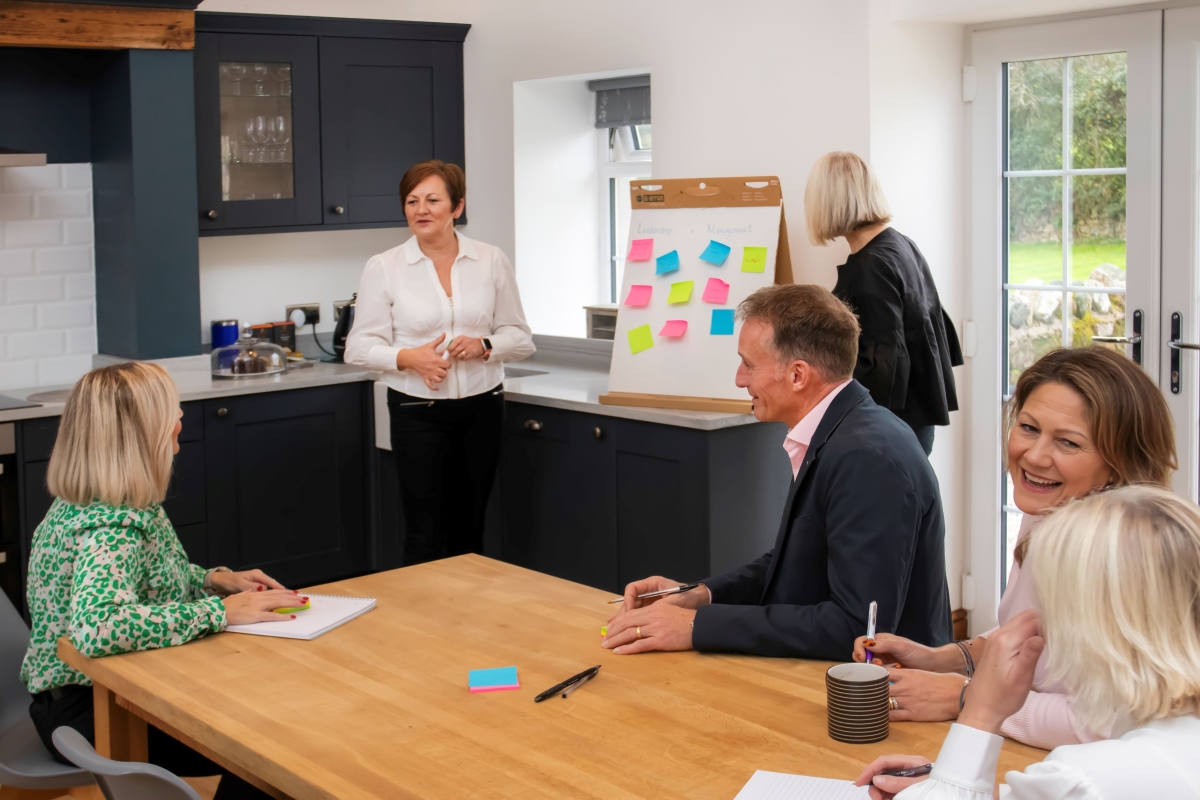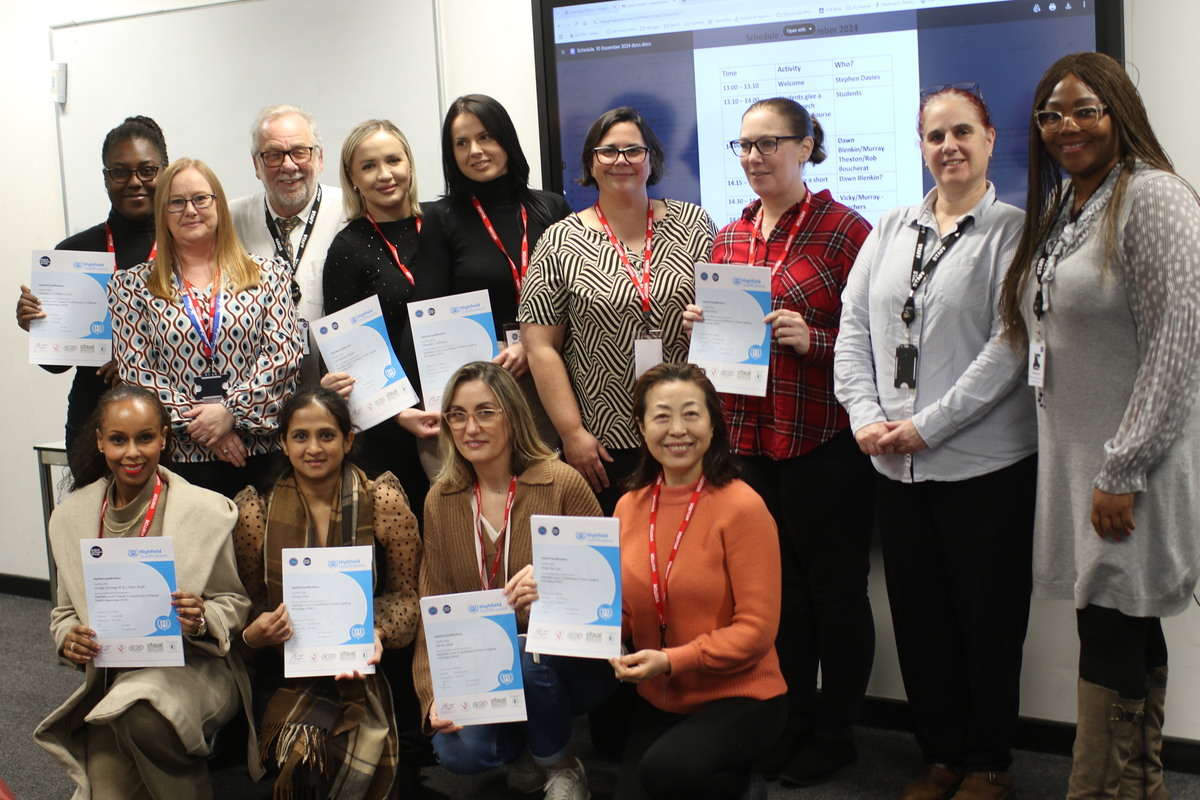Female Business Owners more likely to turn a profit in their first Month, research finds

Research revealed as part of National Women’s Enterprise Week (19th-23rd June), an initiative from Alison Cork MBE to support and encourage the female entrepreneurial community
- This is despite the fact that over a third of women (34%) start their business with £1000 or less
- Only a quarter (26%) of female entrepreneurs believe that the government provides enough resources to support people looking to start their own business
- Over a third (36%) cite childcare as one of the biggest hurdles to opening and running a business
- Other a third (37%) of women believe they would’ve started their company sooner if childcare had been more readily available and affordable
New research revealed today as part of National Women’s Enterprise Week (June 19th – 23rd) finds that female-owned businesses are more likely to turn a profit in their first month of trading when compared to those started by their male counterparts.
The research, commissioned in conjunction with Sapio Research, polled 500 UK entrepreneurs, half of which were women and half of which were men, in order to understand the differing experience of entrepreneurship when it comes to funding, profitability, support and other areas of business.
The funding to profitability gender gap
The survey found that female entrepreneurs make money faster than male contemporaries: 26% of female entrepreneurs said they turned a profit after the first month of trading, versus 21% of their male counterparts. This is despite the fact that women typically start their business with less funding: £19,500, versus men who on average set up their company with £35,000.
Women are also more likely to independently bootstrap their businesses: 69% launched their business from personal savings compared to 65% of men. Men were more likely than women to fund via friends & family (37% vs 34% women), via bank loans (30% vs 15% women), or by remortgaging (12% vs 6% women).
However, two in five female entrepreneurs (39%) felt they needed more financial support to help their business succeed. 24% of male entrepreneurs felt the same way. The majority of women, over a third (34%), started their business with less £1,000, whereas only 16% of men started their business with less than £1k.
Don’t call me the boss: mentorship and the job titles female entrepreneurs feel comfortable with
Female entrepreneurs also felt they were lacking in mentorship: 35% felt they needed more guidance versus 25% men, and lacked accessible resources to inform business decisions (35% vs 25%) and needed more childcare support, 32% vs 22% men.
The study also noted the language of entrepreneurship. Women entrepreneurs prefer to call themselves the ‘owner’ of their business. 59% would never refer to themselves as the MD of their company, and 41% of women never call themselves ‘the boss.’ Despite showing the same level of confidence as men in starting a business, women are more likely to downplay their enterprise, with more than a third (34%) referring to their business as ‘a way to make some additional income’ vs 22% of men.
Alison Cork MBE, founder of National Women’s Enterprise Week (NWEW) and the not-for-profit Make It Your Business, said:
“Our research shows women make a fantastic contribution to enterprise in the UK. But it also highlights the need for female entrepreneurs to have access to mentorship and a supportive business community, which is part of what we’re trying to achieve with National Women’s Enterprise Week.
“National Women’s Enterprise Week is focused on early-stage start-ups with female founders because, while more female-led British businesses were founded in 2022 than ever, only a third of the total companies founded across the year were women-led.”On top of this, only 1.1% of VC funding in Europe in 2022 was given to companies with female founders. This too was reflected in our research: For those that started their business with a loan, men scored on average £38,500 whereas women raised £27,000. While progress is being made in some areas, more women need to be empowered and, when 49% of female entrepreneurs believe the government doesn’t provide enough resources to support people looking to start their own business, more women need to be better supported.”
National Women’s Enterprise Week, sponsored by Dorsett Hospitality International and Executive and President Winnie Chiu JP, runs from June 19th to 23rd. It includes an event at the British Library, with a keynote speech from Kevin Hollinrake MP, Minister for Enterprise, Markets and Small Business as well as a panel of inspirational female entrepreneurs.
Ms Chiu JP will be participating alongside an illustrious panel of judges from the world of business. She says: “Being in business is incredibly empowering and rewarding while allowing you to make a positive impact on your community. Women have great skills enabling them to be particularly adept at founding and sustaining businesses. This survey shows just a fraction of the resilience and determination needed to get an idea off the ground and I hope more of us will step up to offer our support and better opportunities for female entrepreneurs.
How to get involved
You can get involved by looking up your local Business & IP Centre for free information and advice – there are 21 major hubs already round the UK, and 90 satellite centres.
You can also organise your own local networking event or create an activity to celebrate National Women’s Enterprise Week to start making those vital connections with other women already running their own business and those who need advice to get going.
Support other local female entrepreneurs by sharing their business on your socials or buying products and services from them during NWEW (and beyond) – share a photo of your purchases on your socials and tag #NWEW.











Responses